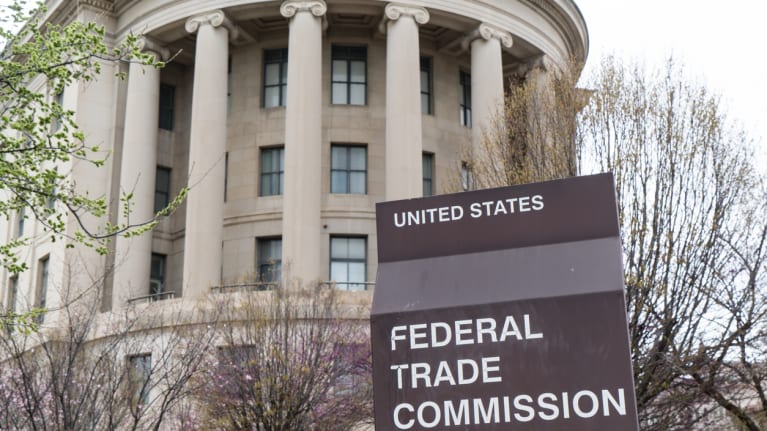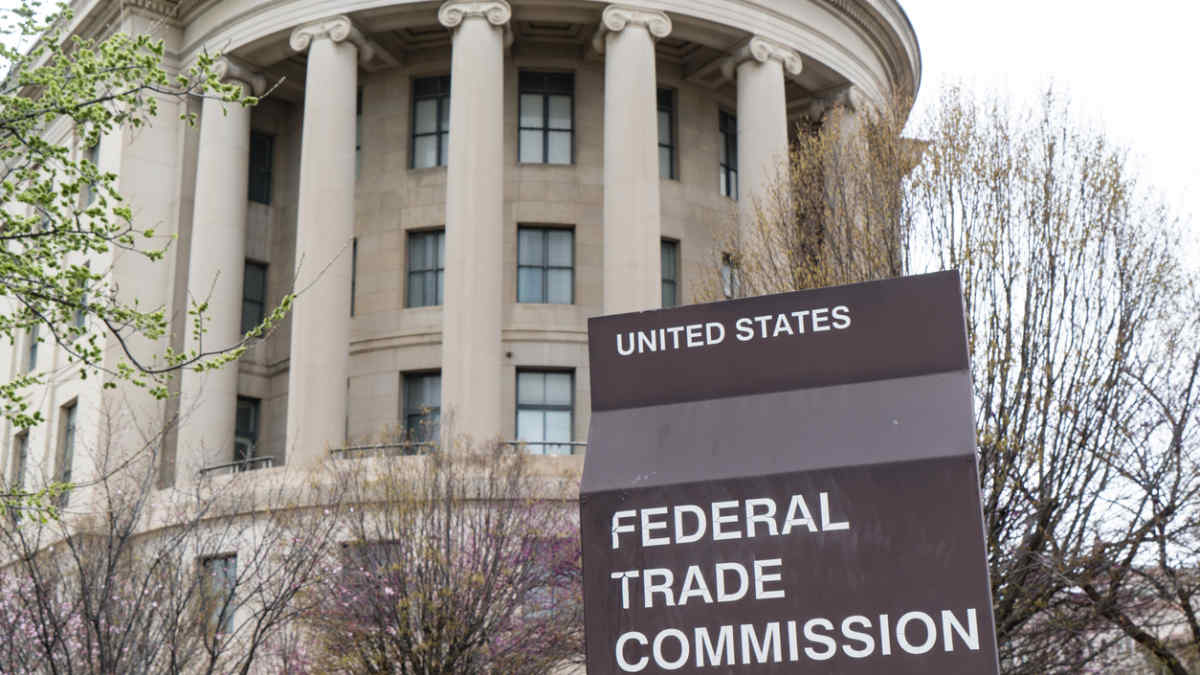

?The Federal Trade Commission (FTC) announced on Sept. 15 that it has adopted enforcement priorities to fight on behalf of gig workers against deception about pay and hours, unfair contract terms, and anticompetitive wage fixing between gig economy companies. We’ve gathered articles on the news from SHRM Online and other outlets.
FTC Protections
The FTC will aim to prevent harm to gig workers in several areas, including:
- Holding companies accountable for claims and conduct about costs and benefits. Gig companies must not be deceptive in their claims to prospective gig workers about potential earnings and they must be honest about costs borne by workers.
- Combatting unlawful practices and constraints imposed on workers. Gig companies using artificial intelligence or other advanced technologies to govern workers’ pay, performance and work assignments must keep promises they make to workers. Companies must also ensure that any restrictive contract terms, including those limiting workers from seeking other jobs, do not violate the FTC Act or other laws.
- Policing unfair methods of competition that harm gig workers. The FTC will investigate evidence of agreements between gig companies to illegally fix wages, benefits or fees for gig workers that should be open to competition. The FTC also will investigate exclusionary or predatory conduct that could cause harm to workers, reduced compensation or poor working conditions for gig workers.
(FTC)
Other Targeted Areas
Other criticisms of the gig economy targeted by the FTC include diminished bargaining power and unfair practices by an automated boss. Automated distribution of work and surveillance can be misleading or manipulative.
FTC Initiative Criticized
“The thrust of the FTC’s policy statement is that gig work is inherently unfair, but millions of Americans choose gig work because of its flexibility and how it’s helping them make ends meet in the face of inflation,” said Adam Kovacevich, CEO of The Chamber of Progress, a business group. “While going after tech might score political points, the FTC risks harming millions of gig workers by flirting with employment law proposals that even the Department of Labor hasn’t touched.”
Gig Work
Gig work is a term for any independent contractor, online worker or temporary worker who enters a contract with an on-demand employer for any gig that might arise. That spans from Uber and Lyft drivers to freelance writers, to household cleaning services, to Grubhub delivery drivers and Amazon Flex workers.
(Vice)
FTC and NLRB Are Cooperating
In July, Federal Trade Commission (FTC) Chair Lina Khan and National Labor Relations Board (NLRB) General Counsel Jennifer Abruzzo entered a memorandum of understanding to form a partnership between the agencies that will advance workers’ rights.
Earlier this year, the NLRB announced that it was collaborating with the U.S. Department of Labor’s Wage and Hour Division to improve enforcement of the laws administered by each agency. The Wage and Hour Division enforces the Fair Labor Standards Act and Family and Medical Leave Act. The NLRB administers the National Labor Relations Act.
(SHRM Online)

